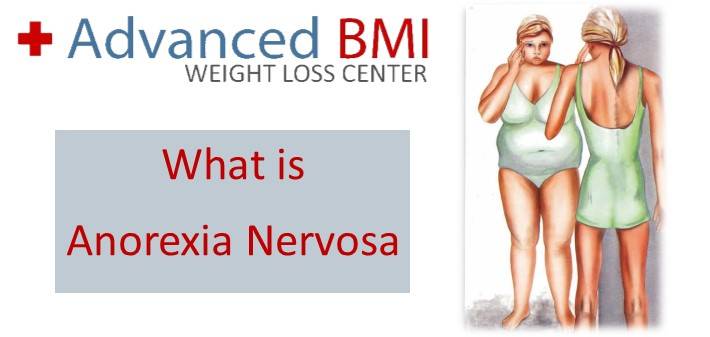Have you ever come across a person that looks too thin for their frame? How about those that look somewhat sickly and emaciated yet, they claim to be perfectly fine?
Before you begin to consider what the possible reasons are, you need not go too far in your reasoning; they could be suffering from Anorexia Nervosa.
What is Anorexia Nervosa? Many have tried to define it but in its simplest form, it is an eating disorder that springs from the person’s irrational fear of gaining weight. While most sufferers do not lose their appetite, they do have a distorted self-image where they believe that they will become fat by eating well, thereby, leading to deliberate starvation. They begin to deny themselves of foods and nutrients necessary for the body even when they are underweight. When they become hungry, they are stoic about it and only allow themselves very small quantities of food apparently to maintain their “ideal weight”. As far as a sufferer is concerned, he/she looks good when that thin, and some even flaunt their new-look and “shapely” figures.
It is also necessary to understand that Anorexia Nervosa is a little different from Anorexia which is just lack of appetite.
Sufferers from Anorexia Nervosa are obsessed with weigh loss; become more concerned about fat content in all foods, may cook elaborate foods for others but will never have a taste in it, are driven by their need not to gain an ounce of fat thereby starving themselves when in actual truth they may be underweight at that moment.
Considering someone in this situation; it is expected that they will suffer from some medical conditions. We consider the basic symptoms: weak and thinning hair, intolerance to cold, hypotension (low blood pressure), depression, solitude, fatigue and rapid mood swings. While this list is in-exhaustive, these symptoms are enough to make one reach out to sufferers.
It has also been found that AN (Anorexia Nervosa) could be hereditary. According to a private European foundation called the Price Foundation which began to fund scientists to conduct these researches from 1996, genetics could play a role in Anorexia Nervosa meaning that it is more probable for anorexic parents to pass the genes to their children.
Whatever the case, it is imperative to reach out to this group of people and help them as much as possible. It has been found that group therapy involving family members is more effective in helping them overcome their irrational fear of being overweight.









